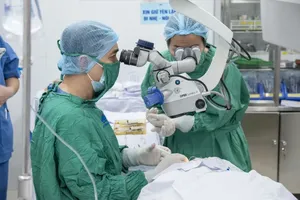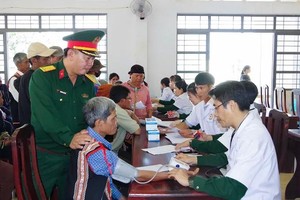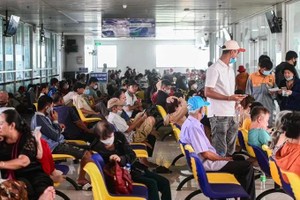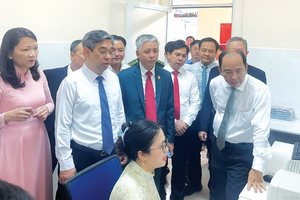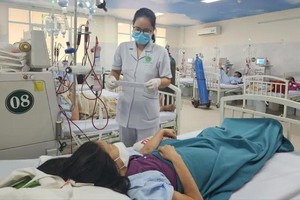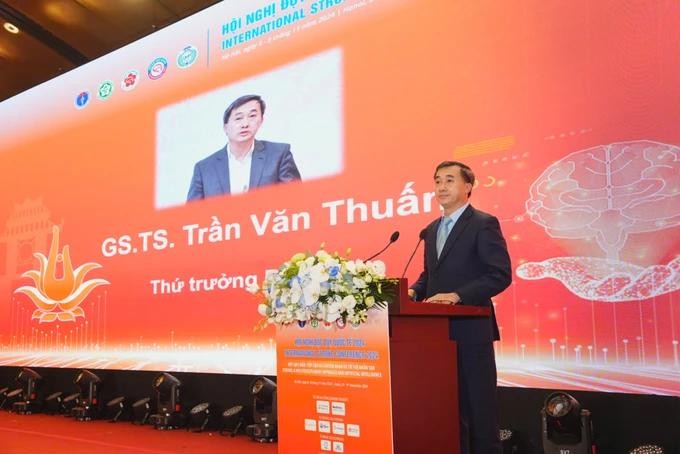
At the inaugural session of the International Stroke Conference 2024 held yesterday, which focused on the theme 'Multidisciplinary Approach and Artificial Intelligence', Deputy Minister of Health Tran Van Thuan emphasized that stroke remains the primary cause of mortality and disability globally. He noted that stroke presents significant challenges to healthcare systems in numerous countries, particularly in developing nations such as Vietnam.
Annually, there are over 12.2 million stroke incidents worldwide. The annual number of stroke victims in Vietnam exceeds 200,000, and this concerning figure continues to rise highlighting a public health concern. The repercussions of stroke extend beyond individual families, impacting broader societal issues, including healthcare costs and workforce productivity, with stroke-related expenses accounting for approximately 1.12 percent of the global GDP.
Consequently, enhancing the quality of professional care is crucial for advancing the stroke specialty to address the increasing demands of society effectively.
According to Deputy Minister of Health Tran Van Thuan, each case of stroke represents not only an individual in need of medical intervention but also a life and a family profoundly impacted by the condition. Consequently, the Ministry of Health places significant emphasis on the research, updates and implementation of comprehensive strategies for stroke prevention, emergency response, and treatment. Given the rapid rise in both the number and complexity of stroke cases, the health system must advance significantly in terms of technology and organizational models.
In the realm of stroke prevention and treatment, artificial intelligence (AI) plays a crucial role by enabling swift and precise analysis of imaging data, forecasting disease progression, optimizing treatment plans, and even tailoring rehabilitation methods to the individual needs of each patient. Deputy Minister Tran Van Thuan noted that for developing nations, AI facilitates the bridging of the diagnostic and treatment gap with developed countries.
Associate Professor Mai Duy Ton, Director of the Stroke Center at Bach Mai Hospital, remarked that Vietnam's stroke specialty has made notable advancements compared to other countries in the region. Recent studies indicate that approximately 60 percent of stroke patients are able to return to a normal life.
Among the remaining 40 percent, around 10 percent succumb to the condition, while 30 percent experience disabilities that impose significant burdens on families and society. To mitigate the mortality and disability rates associated with strokes, it is essential to enhance public awareness.
Stroke patients must be taken to medical facilities for emergency care and timely treatment within the golden hour (3 - 4.5 hours) from the onset of stroke symptoms.







